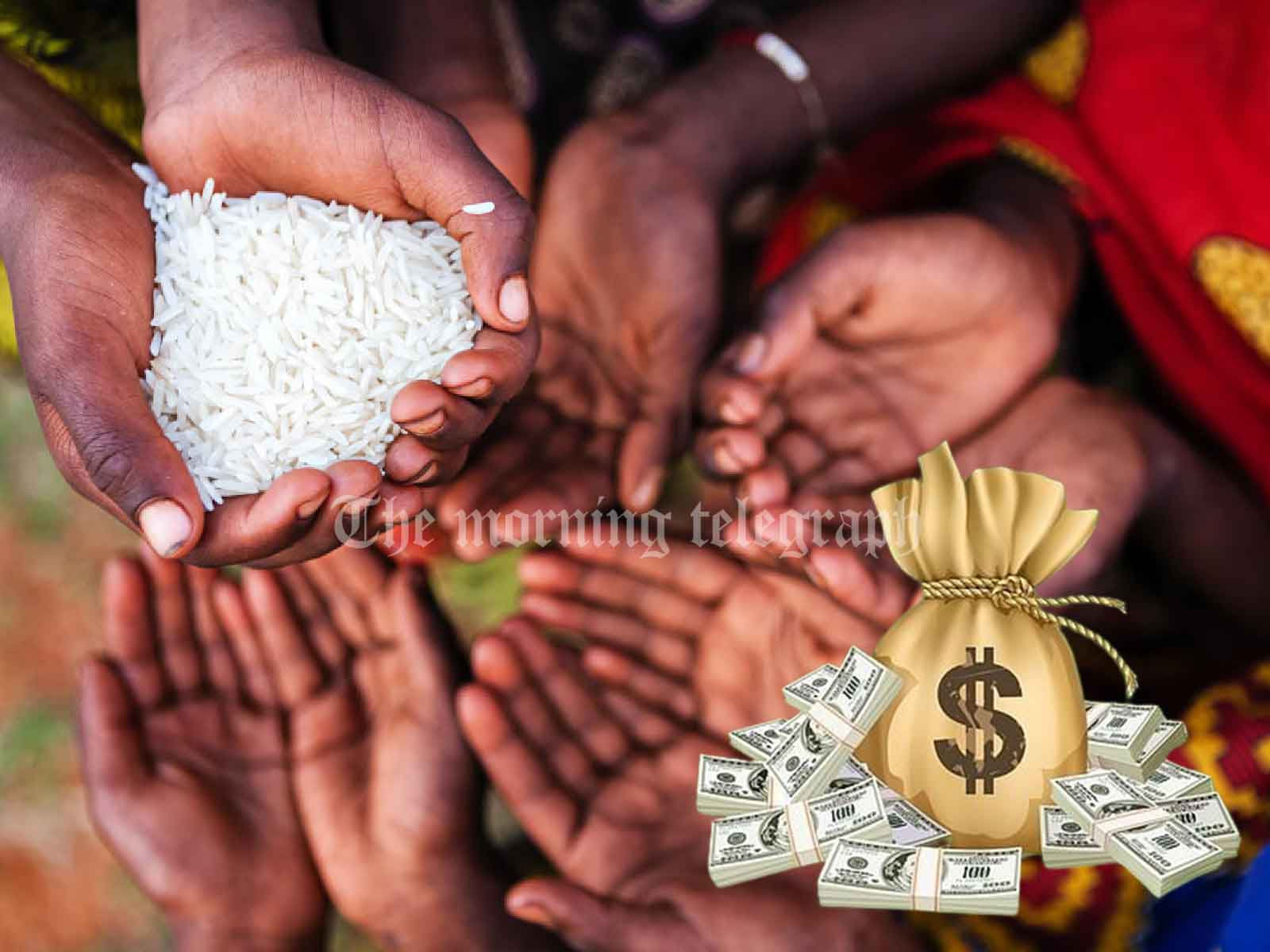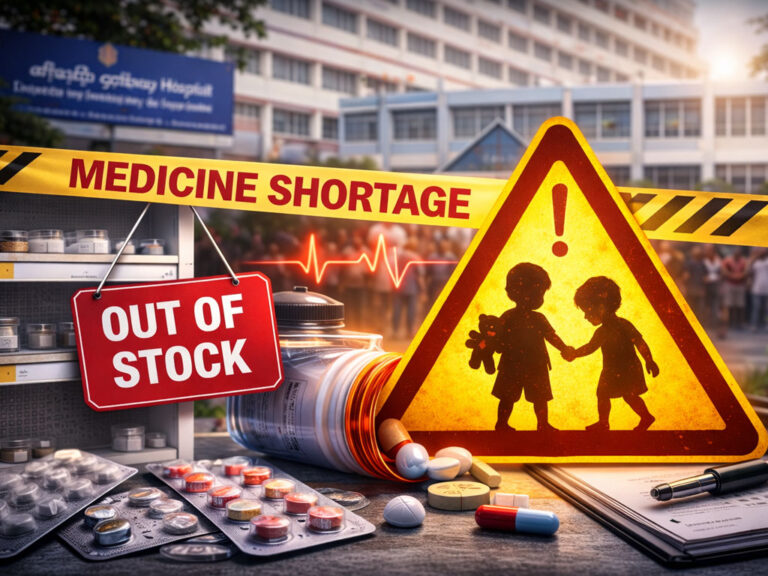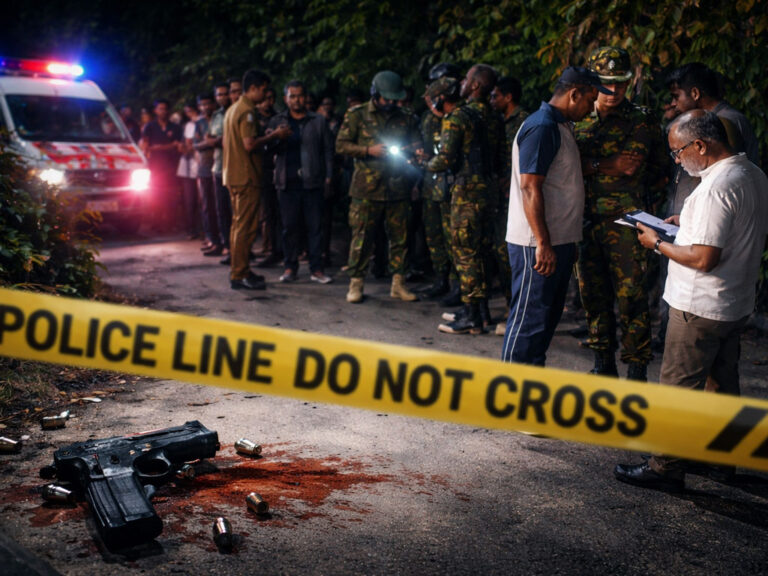
The statement in question, “there is no need for a government if the basic problems cannot be solved,” has often been used in political debates to criticize the inefficacy of governments in addressing fundamental issues like food security, inflation, or essential services. In the current context, there is indeed frustration over the government’s handling of the economic situation despite having foreign reserves of USD 5.88 billion, following a period of bankruptcy. Comparisons are being drawn to the past, noting that even during the war, when the country faced significant challenges, there was still a reliable supply of rice and essential foods.
The question posed is why, given the current foreign reserve levels, the government is not taking action to ensure food security by importing rice from countries like India or Myanmar, even at a premium. This critique seems to imply that there may be ideological or political barriers, possibly linked to the Janatha Vimukthi Peramuna (JVP) or other considerations, that are taking precedence over practical solutions to pressing issues on the ground.
As for the phrase about not needing a government if basic issues remain unresolved, it reflects a sentiment that has been shared by various politicians during parliamentary debates in Sri Lanka, particularly those from the opposition. It may have been voiced by a member of the opposition as a critique of the current administration’s inability to address the economic and food supply problems effectively. However, without more context or specific details, it’s challenging to attribute it to a particular individual or locate the exact moment it was said.




